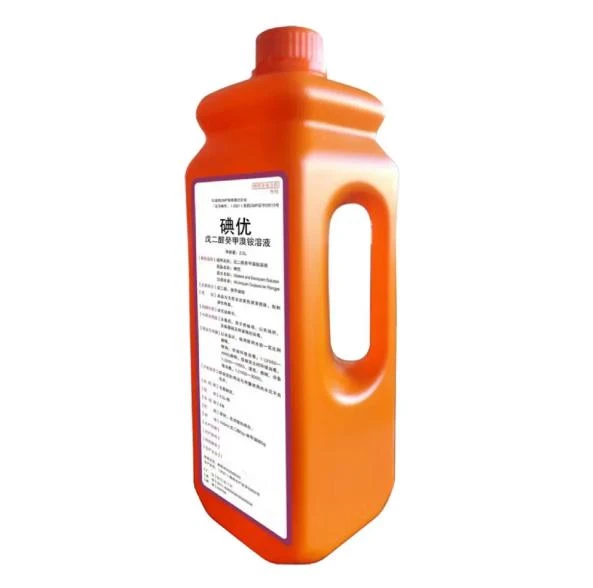- Afrikaans
- Albanian
- Amharic
- Arabic
- Armenian
- Azerbaijani
- Basque
- Belarusian
- Bengali
- Bosnian
- Bulgarian
- Catalan
- Cebuano
- Corsican
- Croatian
- Czech
- Danish
- Dutch
- English
- Esperanto
- Estonian
- Finnish
- French
- Frisian
- Galician
- Georgian
- German
- Greek
- Gujarati
- Haitian Creole
- hausa
- hawaiian
- Hebrew
- Hindi
- Miao
- Hungarian
- Icelandic
- igbo
- Indonesian
- irish
- Italian
- Japanese
- Javanese
- Kannada
- kazakh
- Khmer
- Rwandese
- Korean
- Kurdish
- Kyrgyz
- Lao
- Latin
- Latvian
- Lithuanian
- Luxembourgish
- Macedonian
- Malgashi
- Malay
- Malayalam
- Maltese
- Maori
- Marathi
- Mongolian
- Myanmar
- Nepali
- Norwegian
- Norwegian
- Occitan
- Pashto
- Persian
- Polish
- Portuguese
- Punjabi
- Romanian
- Russian
- Samoan
- Scottish Gaelic
- Serbian
- Sesotho
- Shona
- Sindhi
- Sinhala
- Slovak
- Slovenian
- Somali
- Spanish
- Sundanese
- Swahili
- Swedish
- Tagalog
- Tajik
- Tamil
- Tatar
- Telugu
- Thai
- Turkish
- Turkmen
- Ukrainian
- Urdu
- Uighur
- Uzbek
- Vietnamese
- Welsh
- Bantu
- Yiddish
- Yoruba
- Zulu
9 月 . 11, 2024 08:55 Back to list
Ivermectin Injection for Horses - Safe and Effective Parasite Control
Ivermectin Injection in Horses An Overview
Ivermectin is a widely used antiparasitic agent in veterinary medicine, especially in equine care. Originally developed for the treatment of various parasitic infections in livestock, its application has expanded to include a broad spectrum of parasitic diseases affecting horses. This article explores the use of ivermectin injection in horses, including its mechanism, benefits, and considerations.
Mechanism of Action
Ivermectin belongs to the class of drugs known as macrocyclic lactones. It works by binding to specific channels in the nerve and muscle cells of parasites, leading to paralysis and eventual death of the organism. The drug targets both invertebrate ion channels and glutamate-gated chloride channels, which are prevalent in many parasitic worms and arthropods. As a result, ivermectin is highly effective against a variety of parasites, including roundworms, bots, and certain external parasites like lice and mites.
Benefits of Ivermectin Injection
The injectable form of ivermectin is particularly advantageous in scenarios where oral administration may be difficult. Some horses may refuse to take oral medications due to taste or texture preferences. In such cases, an injection ensures accurate dosing and immediate delivery of the medication into the bloodstream, leading to quicker therapeutic effects.
ivermectin injection in horse

Additionally, ivermectin is often praised for its safety profile. When administered at approved dosages, the risk of adverse reactions is minimal, making it suitable for a wide range of equine patients, from young foals to senior horses. Its long-lasting effect also means that after a single injection, the horse remains protected against parasites for an extended period.
Usage Considerations
While the benefits of ivermectin are significant, proper dosing and administration are crucial. Overdosing can lead to toxicity, particularly in certain breeds, such as collies, which have a genetic predisposition to ivermectin sensitivity. It’s important to follow a veterinarian’s guidance when determining the right dosage and frequency of administration.
Moreover, equine owners should be aware of the potential for resistance development in parasites. Over-reliance on ivermectin without integrating a comprehensive parasite management plan could lead to reduced effectiveness in the long run. Rotating antiparasitic agents and implementing good management practices can help mitigate this risk.
Conclusion
In conclusion, ivermectin injection is an effective and safe option for managing parasitic infections in horses. Its efficacy, ease of use, and wide safety margin make it a staple in equine veterinary care. However, responsible use, including attention to proper dosing and resistance management, is essential to ensure its continued effectiveness in the equine population. Regular consultation with a veterinarian will help horse owners develop an effective parasite control strategy tailored to their specific needs, ensuring the health and wellbeing of their equine companions.
-
The Power of Radix Isatidis Extract for Your Health and Wellness
NewsOct.29,2024
-
Neomycin Sulfate Soluble Powder: A Versatile Solution for Pet Health
NewsOct.29,2024
-
Lincomycin Hydrochloride Soluble Powder – The Essential Solution
NewsOct.29,2024
-
Garamycin Gentamicin Sulfate for Effective Infection Control
NewsOct.29,2024
-
Doxycycline Hyclate Soluble Powder: Your Antibiotic Needs
NewsOct.29,2024
-
Tilmicosin Premix: The Ultimate Solution for Poultry Health
NewsOct.29,2024













